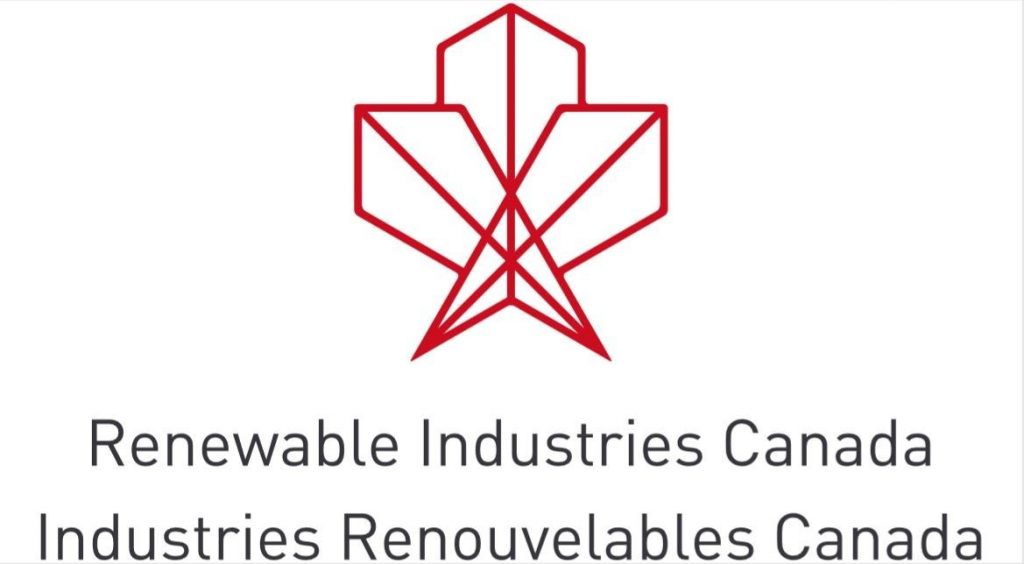
Renewable Industries Canada welcomes publication of CFS draft regulations
January 5, 2021
By Renewable Industries Canada
 Renewable Industries Canada (CNW Group/Renewable Industries Canada)
Renewable Industries Canada (CNW Group/Renewable Industries Canada) Renewable Industries Canada (RICanada), the country’s leading business coalition of producers of renewable fuels, products, and technology, welcomes the Government of Canada’s publication of draft regulations for the Clean Fuel Standard (CFS).
The draft regulations represent an important step forward in Canadian policy towards recognizing the full value of clean fuels like ethanol, biomass-based diesel, renewable natural gas, and green hydrogen in the fight against climate change.
The CFS creates a requirement to reduce the carbon content of fuels used in Canada, which can be achieved by blending higher contents of biofuels. We continue to be encouraged by jurisdictions seeking to use more low carbon fuel which is a huge step forward in the continued fight against climate change.
RICanada has worked closely with the Government of Canada since the initial announcement of the development of the CFS in 2016. In the past four years, RICanada has provided recommendations on issues such as the target and stringency for liquid fuels through to 2030; how credits are generated for low carbon fuels and how they can be traded; projections for biofuel use under the policy; land use and biodiversity criteria; and several other areas. We are pleased to see that these recommendations were accepted by the Government as it shows continued support for Canada’s growing biofuels industry. RICanada will continue to work with the Government to ensure that the CFS is beneficial for both our economy and the environment.
Environment and Climate Change Canada has stated that biofuel blends under the CFS could reach 15 per cent ethanol and 11 per cent biomass-based diesel by 2030. Based on previous independent modelling, the CFS could have an ongoing economic impact of up to $14 billion/year and create approximately 8,000 jobs from the biofuels sector alone.
“Greenfield has long been a believer of taking carbon out of the environment to build a greener economy,” said Andrea Kent, board director and past president of Renewable Industries Canada and vice-president of industry and government affairs, Greenfield Global Inc. “The proposed Clean Fuel Standard is an exciting next chapter in Canada’s national environmental policy and will help ensure the liquid transportation fuels Canadians need have a reduced carbon footprint, all the way from production through to when used by consumers. As seen in other jurisdictions, a clean fuel standard can attract and incent businesses to invest in clean fuel technologies, support increased domestic production, and ensure that more affordable and cleaner fuels, like biofuels, are available to serve consumers and preserve the planet.”
Print this page